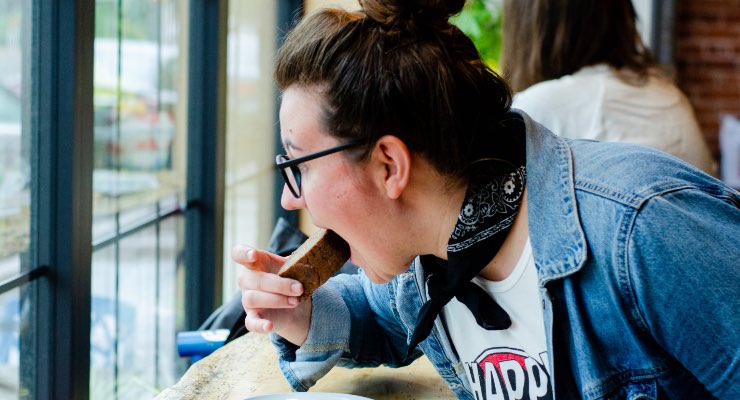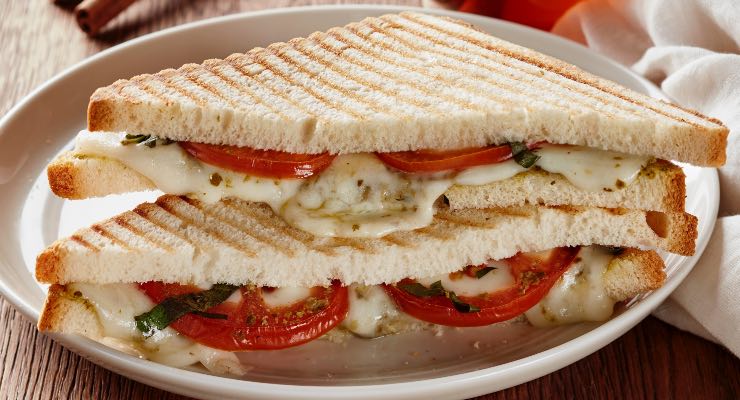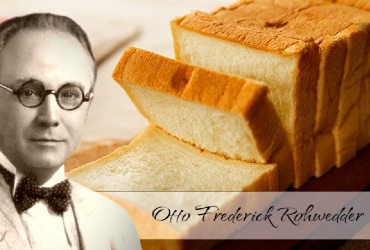The Universal Attraction of Bread
Bread, a universal symbol of life and sustenance, seems to have charmed its way into nearly every kitchen around the world. Why is it that humans like bread so much? What magic does bread possess that makes it a favourite across cultures and continents?

Photo by Taylor Flowe
Picture a loaf of bread, warm, just out of the oven, the aroma wafting through the air, enveloping the senses, promising comfort and nourishment. This image, so simple yet profound, has been a part of human life for thousands of years, witnessing the evolution of civilisations, the rise and fall of empires, the journey of mankind through ages.
Bread is not just a mixture of flour, water, and a leavening agent; it is a tapestry woven with stories, a canvas painted with human experiences, a slice of the cultural heritage of humanity. It began its journey as a simple flatbread in ancient times, accompanying humans as they traversed lands, discovered new worlds, built their homes. Over time, it took different shapes, wore different flavours, sang different tunes, but remained a constant companion to humans, echoing their joys and sorrows, their triumphs and defeats.
Why, then, do humans have such a profound love for bread? One reason might lie in its simplicity and versatility. Bread is easy to make, requiring only a few basic ingredients, and it can be crafted into countless variations. It can wear the sweetness of fruits and the richness of nuts; it can dance with the spiciness of herbs and the warmth of spices. It can be soft and fluffy or crusty and chewy. It can be the delicate symphony of a French baguette or the hearty melody of a German pumpernickel. In its simplicity, bread is a canvas for culinary creativity, allowing humans to paint it with the colours of their lands, to shape it with the contours of their cultures.
Another reason could be the nourishment it offers. Bread is a rich source of carbohydrates, providing energy to the body, fuelling the mind. It is often accompanied by proteins and vegetables, creating a balanced meal, a wholesome experience. In many cultures, bread is a symbol of abundance, a prayer for prosperity, a wish for well-being. The breaking of bread is a universal gesture of friendship and community, a shared experience that transcends boundaries and unites people.

Photo by Orkun Orcan
The emotional connection humans have with bread might also be a key to understanding this love affair. Bread is often associated with warmth and comfort, with home and family. The smell of fresh bread baking is a nostalgic scent, a reminder of childhood, of days gone by, of loved ones. Bread is not just food; it is an emotion, a piece of the human heart, a fragment of the human soul. It is a connection to the past, a bridge to the future, a thread in the fabric of human existence.
Moreover, the act of baking bread is a dance of patience and care, a melody of love and dedication. It is a ritual that requires time and effort, a process that is both science and art. The kneading of the dough, the waiting for it to rise, the watching it bake to golden perfection—it’s a journey that is both meditative and rewarding, a reflection of the human desire to create and nurture.
So, the love humans have for bread is a complex symphony of reasons. It is the simplicity and versatility of bread that makes it a favourite, the nourishment it provides that makes it a staple, the emotional connection that makes it a treasure, and the act of baking that makes it a joy.
As we sit around our tables, breaking bread with our loved ones, let’s savour the richness of its flavours, the diversity of its forms, the depth of its history. Let’s cherish the stories it tells, the emotions it evokes, the experiences it offers. Let’s celebrate bread, not just as a food item but as a piece of our human journey, a companion in our human story, a symbol of our shared humanity.
Bread, in all its varied glory, is a mirror reflecting the human spirit, a dance of the human heart, a song of the human soul. It is a universal love letter, written by humanity, for humanity. And in this letter, in this dance, in this song, we find the essence of why humans like bread so much. It’s because bread is not just bread; it’s a piece of us, a part of us, a reflection of us. It’s a simple joy, a profound connection, a universal embrace. And in this embrace, we find the warmth, the comfort, the nourishment, and the love that is inherently human.





